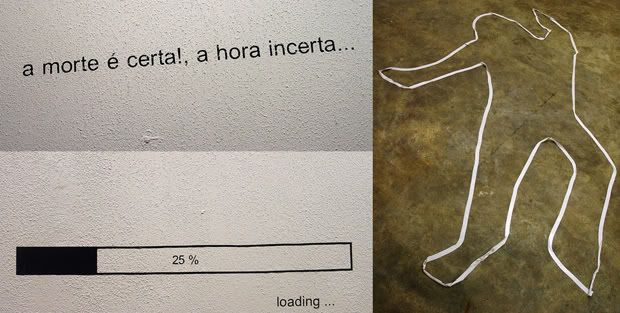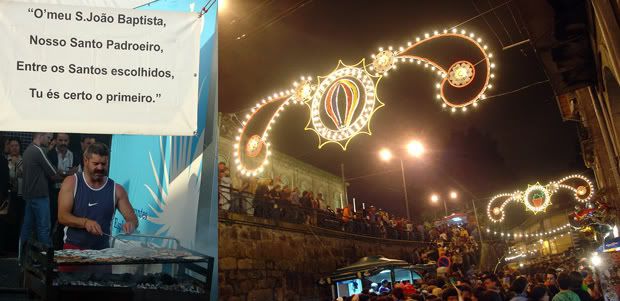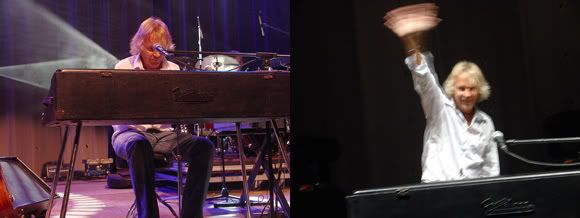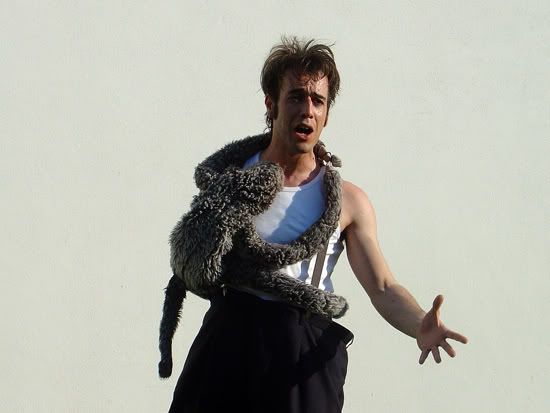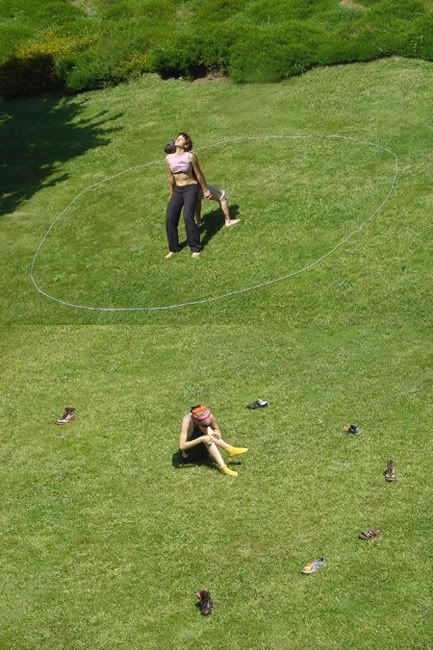The WORD- What's the longest gestation period for one
of your songs?
Leonard Cohen - "Hallelujah" was at least five years. I
have about 80 verses for it. There's two different versions
in fact - there's the version that John Cale uses, which is
somewhat different to the six-verse version I first recor-
ded...
And there's the Jeff Buckley version, which I think uses one less
verse than yours.
Yes, and I think he uses some other verses that I gave to
John Cale also.
Why did it take five years to write?
They all take quite a long time. And it's no guarentee of their
excellence. I have a lot of secondrate songs that have taken
even longer.
I'm going to read you something kd lang said about "Hallelujah".
"Leonard Cohen gives you a lot to chew over as a singer. His words
never lose their flavour. When the words have a deep metaphor
you can jump off at every point." I'm not absolutely sure what she
meant by that - presumably that lyrics as profound as yours, and
with as much resonance, give you great confidence as a singer.
You feel you already have people's attention as they're listening to
the words, so you can go off at a tangent and perform.
It's kind of her to say that. I was present when she did a ver-
sion of "Hallelujah" on a Canadian television show that was
so moving that I began to cry. And so did she.
It really has developed a life of its own - the Jeff Buckley version,
kd lang, John Cale, Willie Nelson, Fiona Apple... I think
I'm right in saying there's over 20 cover versions now...
There are even more than that. [And there's been more
than 80 live perfomances of the song by different singers, among
them Bono and Bob Dylan, many of them recorded.]
Why particularly that song?
I don't know. The song was scorned by my record company
when it first came out.
That seems unimaginable. What did they actually say when you
first played them the song?
I played it for Mr Walter Yetnikoff, who was the leader of
that company at the time. He didn't say anything but I assu-
med they were going to bring it out and I happened to just
pick up a Columbia catalogue a few months later that con-
cerned the next releases and the record wasn't there. So
they also neglected to tell me they weren't going to put it
out.
A disgrace! On every level!
Oh, every artist has these stories. It's not too serious. So
we had to scurry around and find a little company that
would just release the record, called Passport, a little jazz
record firm at the time. So it has a special pleasure for me
that it found its way to listeners.
Why does it have such universal appeal? Is it because it's about
very general emotional areas like despair and envy and suspicion
and rage?
It has a good chorus.
And presumably 80 rhymes for the word 'hallelujah'?
I think so. I have several thick notebooks full of verses.
Elvis Costello said in an interview [in the WORD] that he felt there
were only five subjects in all human song - and they were: I want
someone, I've lost someone, I believe in something, someone died,
and a novelty comedy line like "does your chewing-gum lose its
flavour on the bedpost overnight". Do you think there's any truth
in that?
I don't know. We may be able reduce it by two or three or
add one or two, but I think the point he's getting at is we
basically all lead the same kind of lives and the more clearly
and deliberately and authentically a song touches on a few
areas that really touch our lives - which is gain and loss,
victory and surrender - the better. So I would agree with
him. Popular music has to be about those subjects.
But you've managed to be popular while still having enormous
depth and resonance.
A kind of popularity. Not mass popularity. I've been very
fortunate. I like my songs to last as long as a Volvo. Thirty
or forty years is what they used to advertise. If the song
can be useful for a couple of generations it's a really won-
derful feeling.
What do you mean by "useful"?
Well, popular song is very useful. It provides the sound-
track to courting, to loss, to love, to doing the dishes, to
various chores. It has a real utilitarian aspect. That's was
I love about it, that people have been able to use the
songs as the background to important moments in their
lives.
(excerto da entrevista de Leonard Cohen publicada
no nº53 da revista "The WORD")
A versão de "Hallelujah" que aqui deixo, não referida na
supracitada entrevista, pertence a susanna
and the magical orchestra.
